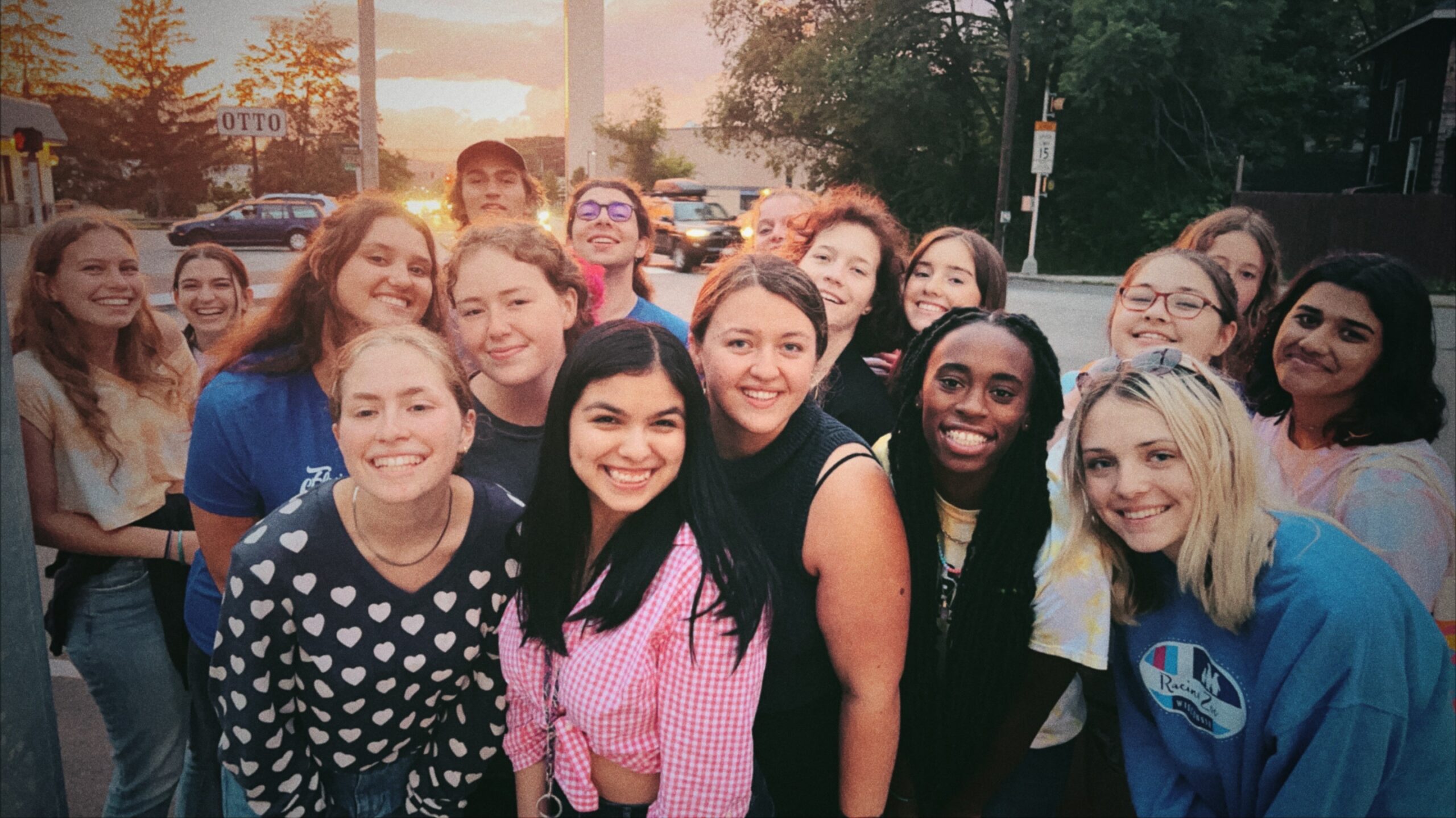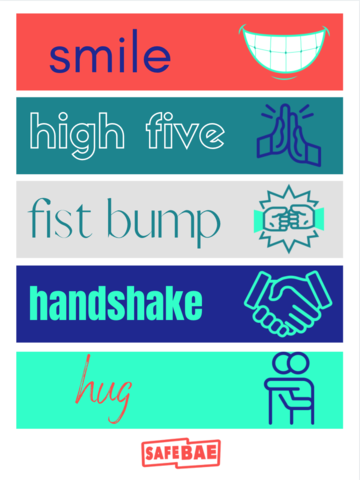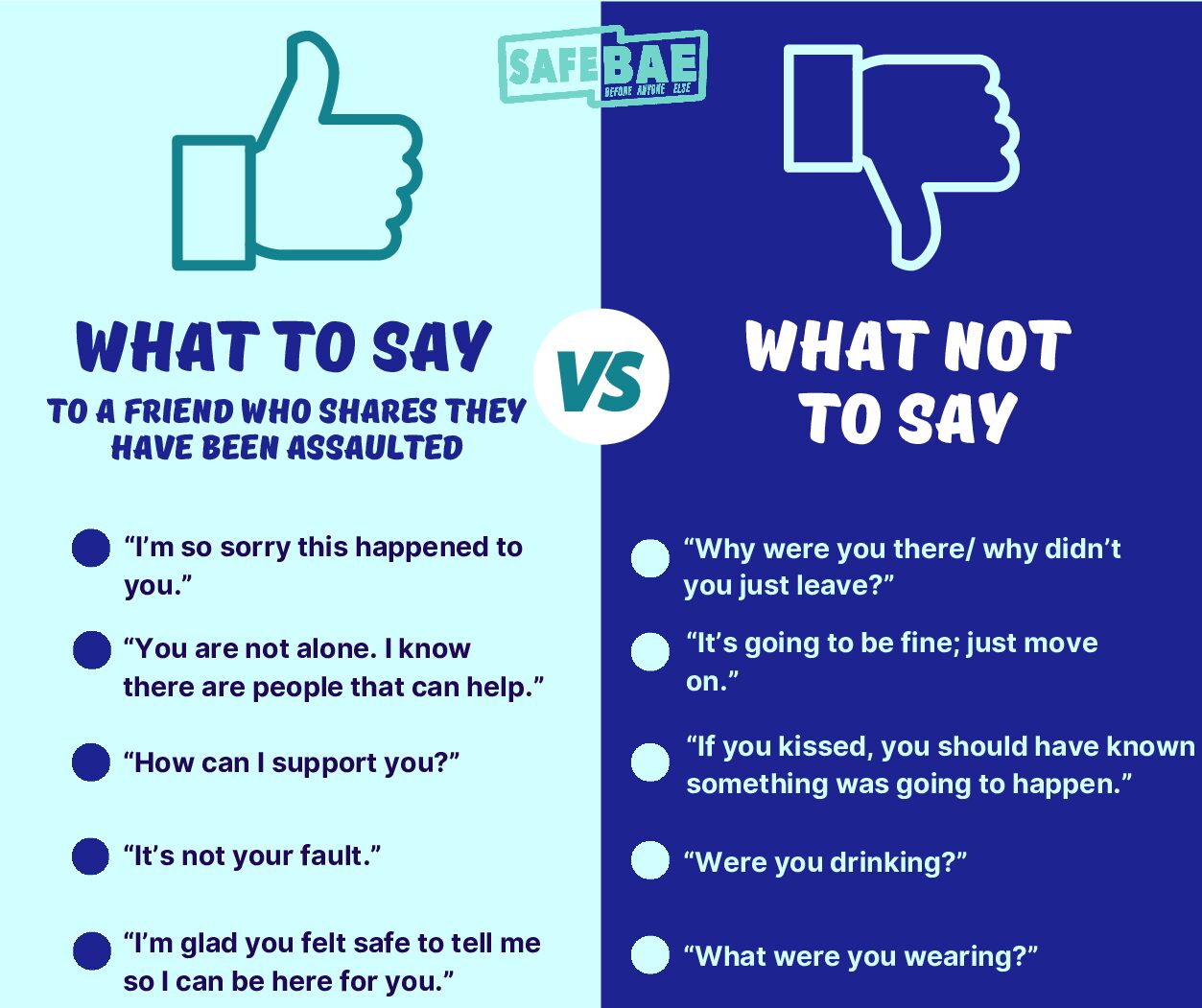Parents & Caregivers
Support the young people in your life and in your community.
At SafeBAE, we know that parents, caregivers, and trusted adults play a critical role in shaping how young people understand safety, consent, and relationships. While our work is youth-led, prevention is a whole-community commitment. This page is here to give you tools, resources, and guidance so you can feel prepared to support the teens in your life.
SafeBAE’s Executive Director on the award-winning parenting podcast The Longest Shortest Time

Support Youth By Getting Them Involved
One of the most powerful things you can do as a parent or caregiver is to connect your student with SafeBAE’s programs. These opportunities allow young people to build leadership skills, learn about consent and healthy relationships, and create change in their schools and communities.
- Certified Peer Educator Training: Encourage your student to enroll in our free, virtual, self-paced training that equips them to educate peers on consent, bystander intervention, and digital safety.
- Bring SafeBAE to Your School: Ask your school to partner with us through our SafeBAE 360° whole-school model, which includes curriculum, peer educator training, staff development, and policy support.
- Summer Activist Institute: Support your student to apply for our annual Summer Activist Institute, an intensive leadership program that prepares youth to lead prevention and advocacy efforts in their own communities.
Prevention & Early Conversations
-
Begin practicing lessons of bodily autonomy and respect from the earliest ages.
-
Use everyday opportunities (TV shows, news stories, or social media) to spark conversations before harm happens.
- Model open, judgement-free dialogue so your child feels safe confiding in you if something does happen.
- Create a “safe call” policy. Assure your child they can call you anytime they feel unsafe — safety comes before punishment, no matter what.
Early Ways to Teach Consent
Teaching consent can start at the youngest ages, through simple, everyday choices that reinforce respect and bodily autonomy:
-
Offer alternatives to hugs. Encourage toddlers to greet adults in ways that feel comfortable to them—waving, blowing a kiss, or saying hello. This builds a lifelong foundation of bodily autonomy.
-
Normalize consent in classrooms. Teachers can give elementary students options for how they’d like to be greeted, showing that personal boundaries matter everywhere.
-
Use accurate words for anatomy. Avoid “cute” or made-up words. Using real terms helps children understand there is no shame in their bodies and equips them to clearly communicate if something inappropriate happens.
As children grow, lessons about consent should grow with them. At SafeBAE, we provide age-appropriate tools & resources to help families and educators build on these early conversations year after year.

Supporting a Survivor
It is crucial that you believe your child and reassure them that the assault was not their fault. Help them access the healing services and support they need, and remember that you, too, may need community and resources to process your own feelings.
- Believe first. Validate their disclosure and let them know you are there for them unconditionally.
- Avoid blame. Resist questions that shift responsibility onto your child (“Why were you there?” “What were you wearing?”).
- Seek support. Connect with a rape crisis advocate, counselor, or support group to guide you and your child through options for care, reporting, and healing.
- Care for yourself. Supporting a survivor can be emotionally heavy. Finding your own support system will strengthen your ability to show up for your child.
Navigating Reporting & Rights
Your instinct may be to report immediately. Instead, listen to your child’s wishes. If they do choose to report, connect first with an advocate. Reporting options may include:
-
Confidential: Speaking with an advocate or peer educator.
-
Anonymous: To flag harm without formal investigation.
-
Law Enforcement: Filing a police report.
-
Title IX: Filing a school complaint for investigation and safety planning
Alternative Justice Approaches
Some survivors want to avoid a full Title IX or police investigation but still hope for accountability. They may wish for the person who harmed them to reflect on their actions and understand the impact. This pathway offers an opportunity for individuals who have caused harm to more fully learn about consent, accountability, and the unintended consequences of their behavior — outside of a formal investigation process.

SafeBAE is a 501c3 Not-for-Profit Organization


